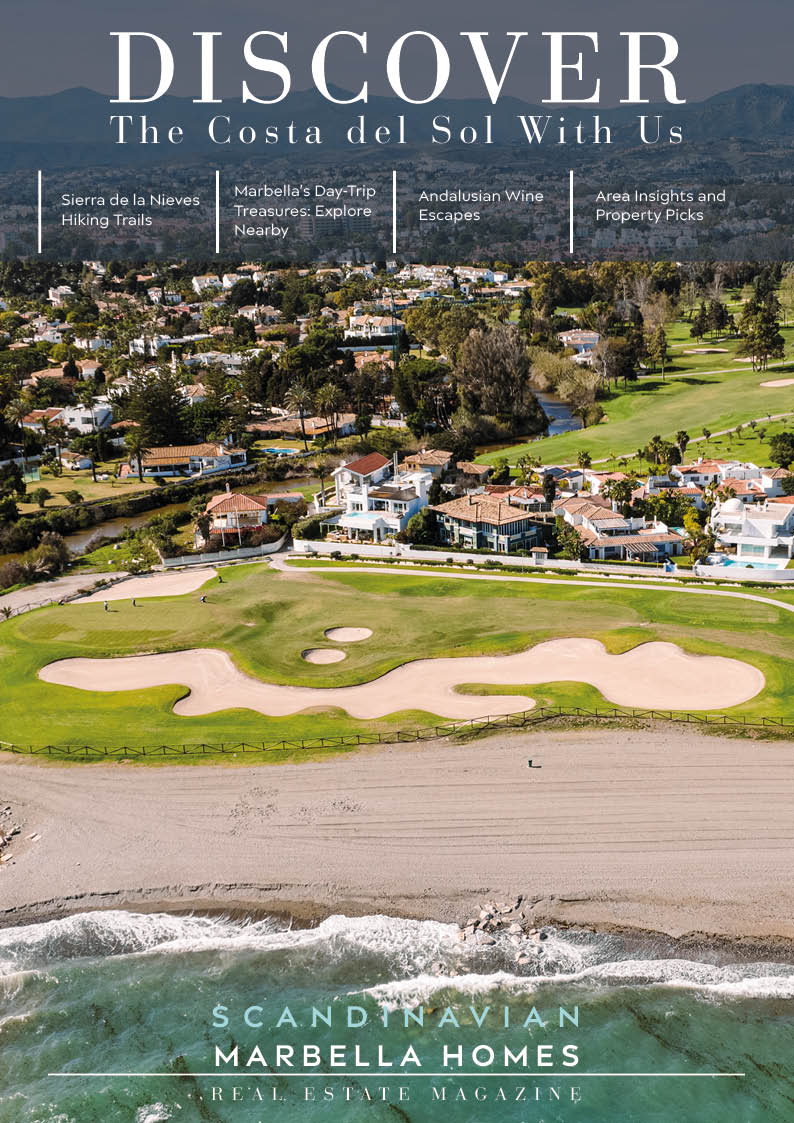Covid is the game changer and reduces prices less than expected
The pandemic is in its second or even third wave. The consequences for the real estate industry are like a tsunami. No visits to sites, empty realtor offices, but, high demand and oportunistic buyers. Online viewing, pre-contract reservations over the internet, virtual reality walk-ins are now the rule and no more the excepcion as was the case before the pandemic. The technology was there already and now it gets more used than anybody expected. Nethertheless people would most likely love to be able to go and see what to buy but this will have to wait until the pandemic ceases.
Situation in Spain
Spain’s real estate prices are mostly stagnating due to the corona virus. Homeownership has become cheaper in Andalusia. In Spain, real estate prices have not fallen as much as many buyers and sellers assumed due to the coronavirus. In Andalusia and the Balearic Islands, the prices for houses and apartments have fallen sharply because Corona primarily inhibits the purchase of holiday apartments by foreigners.
We predict stronger declines in winter
Although the coronavirus, including lockdown, travel restrictions and many other rules, had a noticeable effect, it tended to slow growth rather than actually lowering property prices in Spain. Anaysing property prices in all regions in Spain between the first half of 2019 and the first of 2020, during this period, only six regions have seen house prices fall: Andalusia, the Balearic Islands, the Basque Country, Galicia, Asturias and the enclave in Africa, Ceuta. This means that only in these regions did the price decline in 2020 offset the great growth of the boom year 2019. In contrast to the expectations of buyers and sellers, we do not see any decline in the price of real estate at all. In Andalusia, the decline triggered by the coronavirus was significant at 5.8 percent. But here, too, prices are already picking up again: between July and August alone, houses and apartments in the region in the south of Spain were 3.5 percent more expensive, according to data by Idealista.
The largest case occurred in the province of Malaga during the coronavirus emergency, as the business with holiday homes and second homes is essential on the Costa del Sol. Nevertheless, the square meter here still costs an average of 600 euros more than the Andalusian average of 1,600 euros. The second most expensive province of Cadiz is clearly lagging behind with 1,497 euros. The most expensive place for home ownership is Nerja on the Costa del Sol, where buyers have to put 2,800 euros on the table per square meter. This development can be attributed on the one hand to the very successful year 2019, but also to the fact that sellers made fewer losses during the coronavirus crisis than the Spanish average.
It is difficult to predict the further development of property prices after Corona in Spain. Since the emergency laws and the associated ban on sightseeing, prices have risen again in most areas of the country. because the summer in Spain is always more profitable than the winter. However, growth due to the corona virus is significantly lower than in previous years. Banks are unloading their still well stuffed real estate portfolios and offer discounted properties in large numbers.
How worthwhile an investment in such “discounted objects” is raises another questions but will not be discussed in this article – this is up to each buyers taste and preference. A recovery and stronger growth in the real estate sector is only possible with the end of the pandemic, which we do not expect until 2022 at the earliest.
WHAT ARE THE REASONS DRIVING BUYERS?
In the aftermath of the pandemic is turns out that the traditional model of human living is not suitable to the current state of pandemic. Additionally, the end of it seems to be still not in reach. Going out to pubs, bars, restaurants, hotels, resorts etc etc., is neither allowed nor advisable. Meeting others is a serious health risk and do not even think of going to church, sing and support your team in sports stadiums – the list of things that changed are endless……
All this leads to owning real estate. There is no real difference if it is in your home town or in a leisure location. Only your own place will protect you from restrictions such as hotel closings or the lack of suitable restaurants – you will be on your own and within reason free to do what you want. And, there is an additional surprising lesson to take away: the holiday residence is a defensive investment and fared far better than financial assets – a new aspect to leisure real estate!
Ivo Kratschmer & Pablo A. Anderson

